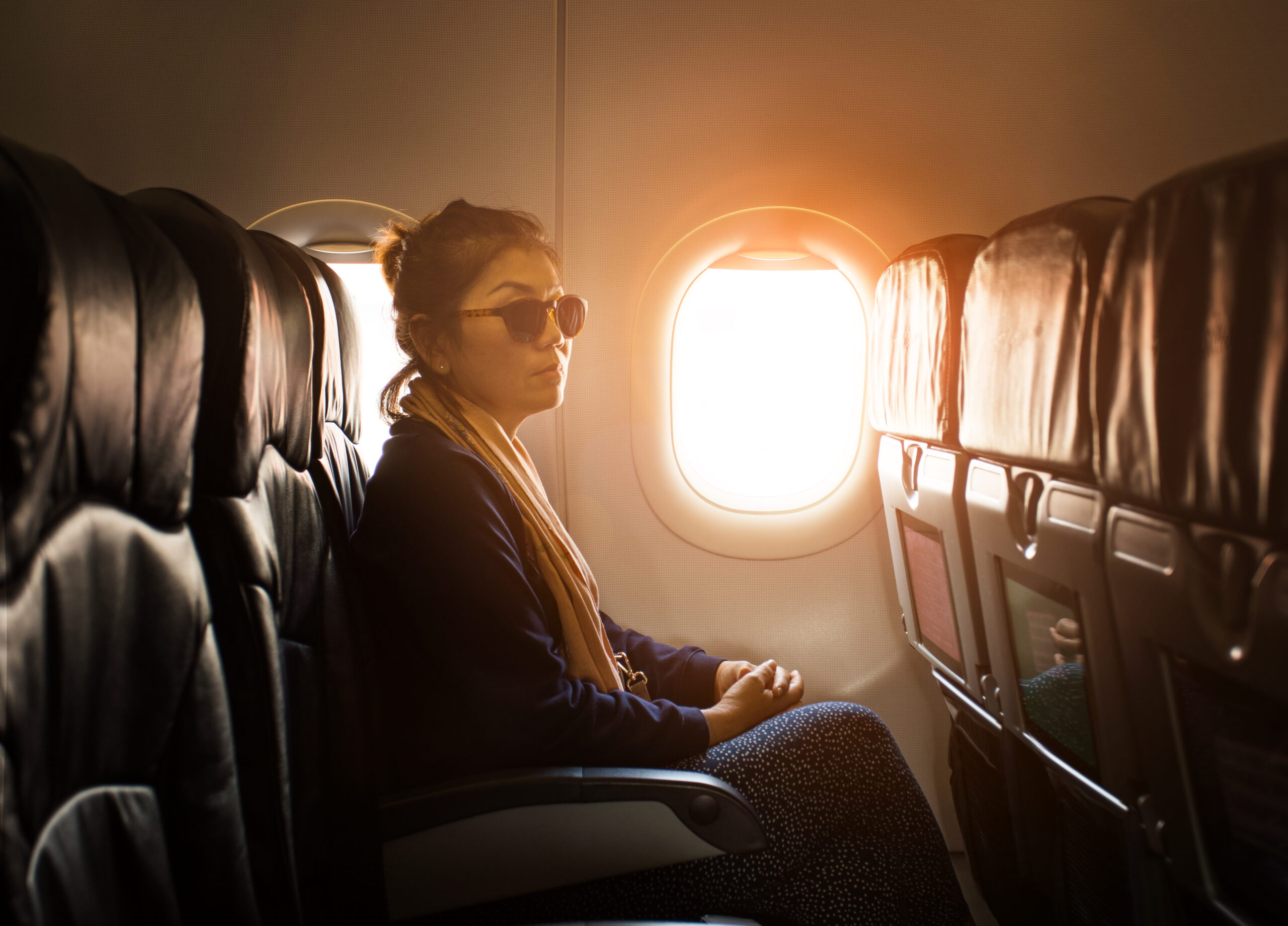
It’s getting to that time of year again. When the mercury drops and a vast number of Australians begin dreaming of warmer days, eventually deciding to jet away for a short getaway or a longer vacation. Whether you’re an experienced traveller or preparing for your first international journey, it’s important to understand that you may be more susceptible to illness while travelling, and how you can take steps to help prevent this.
We’ve outlined the reasons why you may be more likely to get sick, and how you can take care of yourself from the moment you board your plane, to the moment you arrive home.
Hydration is Key – Especially While Flying
It can be difficult to keep track of your water intake while flying, especially on a long-haul flight. You may be tempted to take advantage of the free alcohol offered on international flights, but keeping hydrated is one of the smartest things you can do to help combat sickness. Your body needs water to function, and dehydration can make you more susceptible to ‘Airplane Cold’, lowering your immune systems defences from the get go.
You’re Coming into Contact with Different Bacteria
Travelling abroad means exposing your body to bacteria it hasn’t been in contact with before. While experiencing a different culture, you’re out of your regular environment and you can expect to come in contact with various bacteria that your stomach biome may not agree with. One way to combat this, if you’re travelling to a less developed country, is to drink filtered or bottled water, while trying to avoid tap water, ice cubes and produce washed in unfiltered water.
It’s also best that you speak to your health care provider about whether there are any vaccinations they deem necessary for travel in your destination country and for information about the country’s associated health risks.
Be Hygienic and Take Time to Adjust
Washing your hands and using hand sanitiser are simple ways to help prevent colds and viruses while travelling. Don’t overuse hand sanitiser though – try to limit it to use on flights, in questionable bathrooms or when running water isn’t available to wash your hands. Take time to rest once you arrive at your destination or return home, as it’s important that you adjust to your surroundings and rest if you’re tired – the combined effects of travel stress, fatigue and jet lag can catch up with you.
What to Do If You Get Sick When You Return Home
If you do fall sick once you return home, make sure you take the time your body needs to recover. If it’s a mild cold or upset stomach you may not need to see a doctor, however if you feel yourself coming down with a fever, persistent diarrhea or skin problems then it’s best to see your registered health care provider as soon as possible.
